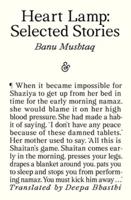Publisher's Synopsis
This historic book may have numerous typos and missing text. Purchasers can usually download a free scanned copy of the original book (without typos) from the publisher. Not indexed. Not illustrated. 1793 edition. Excerpt: ...prohibited by an edict any rich man to enter into the church. Jerom was of opinion that none of the clergy should have any property of their own; and Austin admitted none into his church who did not first dispose of all their goods. He did not, however, think this absolutely necessary, but only for their greater perfection. Sometimes the revenues of a church were not sufficient for the maintenance of the clergy; and in that cafe it was not thought improper that they should contribute to their own maintenance by their labour. In some cafes this was expressly enjoined. Thus the fourth council of Carthage, held in 389, ordered the clergy and monks to gain their livelihood by some trade, provided it did not divert them from the duties of their office f. It was very early thought to be of great importance that the clergy should have no secular Simon M Church Reroute, p. 14. f Sueur, A. D. 389. care care that would engage much of their thoughts, and attention. The apostolical canons, which, though spurious, were written in the fourth century, order that bishops should not meddle with the administration of public affairs; and that if they did, they should be deposed. The same orders were given by the councils of Chalcedon, Carthage, Ments, &c. Nay, it appears by the letters of Cyprian, that a clergyman could not even be a guardian or trustee to a child. LWith this view Constantine exempted the clergy from all public and civil employments. But for the fake of gain, the clergy of those times were too ready to undertake any office or employment whatever. Chrysostom laments that ecclesiastics, abandoning the care of fouls, became stewards, aud farmers of taxes, employments unbecoming their holy ministry. Bishops, he said, should have nothing but...























